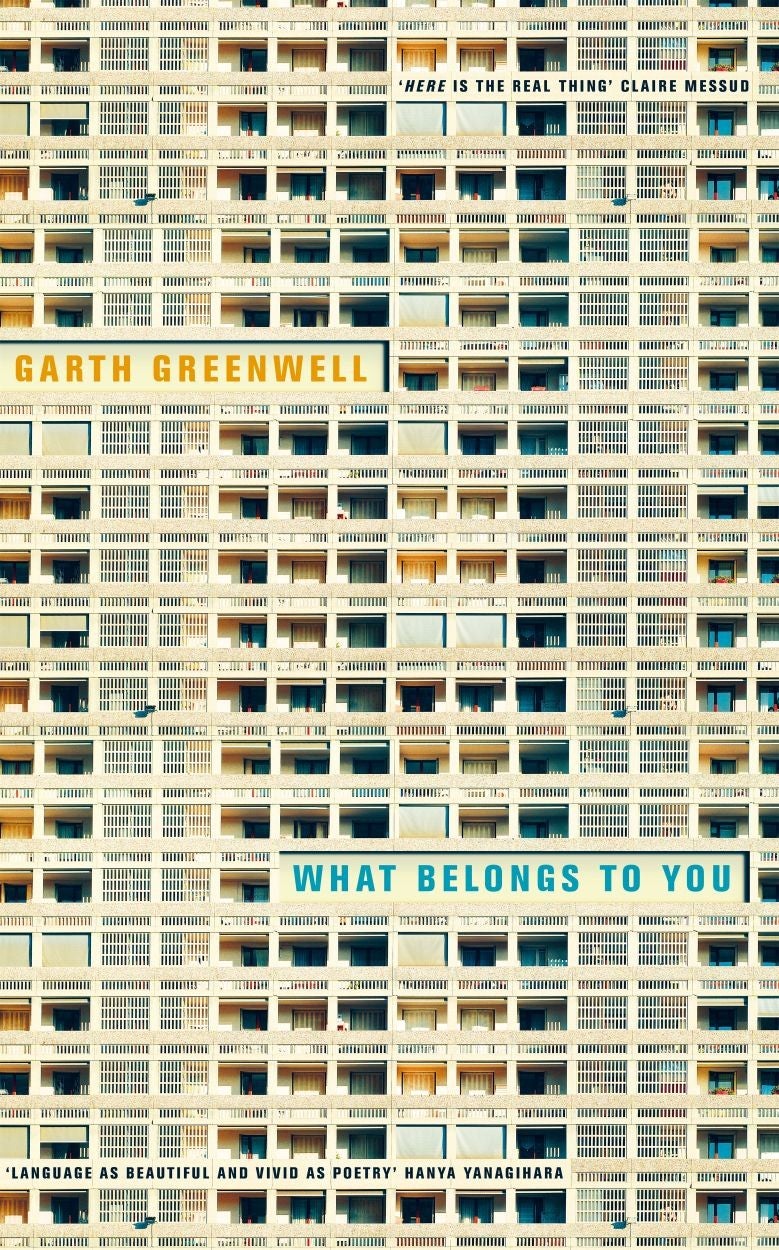When Garth Greenwell’s debut was published in America earlier this year, it was hailed as “the great gay novel of our times”.
Greenwell has said he hopes it’s a novel for anyone and, as a straight reader, I can say it’s one of the few novels I’ve read which feels like it offers an authentic account of what growing up is like for gay people in western societies where, for all our recent progress, heterosexuality is still considered the norm.
Greenwell tells us a lot about the world and about ourselves through the story of his unnamed narrator whose upbringing in a small American town leaves him with wounds which he carries into adulthood.
One afternoon, while working as a teacher in Bulgaria, the narrator meets the handsome and enigmatic Mitko in the toilets at the National Palace of Culture, a popular Sofia cruising spot. The narrator pays Mitko for sex and, afterwards, Mitko remains “vividly present” in his imagination.
Next time, the narrator takes Mitko home and feels gripped “by both pleasure and embarrassment, and by an excitement so terrible I had to look away”. Mitko drifts in and out of the narrator’s life, popping up on Skype or appearing at his apartment, usually when he needs money.
Even when Mitko becomes threatening, the narrator seldom begrudges him and is more sceptical of his own motives: “I had to give up the pleasure of him, not just the obvious pleasure but the pleasure of being kind, of what I had taken for kindness and now feared was something else.”
The narrator “grew up at the height of the Aids panic when desire and disease seemed essentially bound together.” He tries to redress this legacy, finding warmth in unlikely spaces and showing that, even when money is involved, casual sex can be intimate.
As Mitko talks to “men in the dark” online, the narrator perceives a virtual community which, while it might look bleak to outsiders, is vital for its members who, in Bulgaria, probably remain in the closet.
The narrator wants desire to overcome social divisions, but he eventually accepts that his class and nationality separate him from Mitko. Looking at a photograph of Mitko with his ex-boyfriend, who’s emigrated to France, the narrator observes: “Of these two men … one left, buoyed by talent or means or both, and the other stayed and was transformed somehow from a prosperous-looking boy to the more or less homeless man I had invited into my room.”
Greenwell’s novel is at its most affecting when subtly pushing readers to examine their own attitudes and motives. For example, I felt protective towards the narrator and, like a well-meaning but unhelpful friend, urged him to stop seeing Mitko.
This is testament to the reader’s bond with the narrator, which Greenwell engineers via the narrator’s confessional tone, but it’s also due to my status as an educated citizen of a wealthy country. I instinctively identify with the narrator, because I can imagine being in his position, whereas it’s more difficult for me to understand Mitko’s fate which is linked to Bulgaria’s struggle to move on from its communist past.
The 15 best opening lines in literature
Show all 15By illuminating the dividing lines in our unequal world, Greenwell’s novel challenges us to think about privilege, especially our own.
Of the book’s three parts, the second, which sees the narrator recall his childhood, reads like it might have been inserted to expand a long story into a short novel. It does, however, compound the sense that shame courses through the narrator’s experience.
As the narrator describes his father’s disgusted rejection of him and the “foulness in the air” as his school friends betrayed him, Greenwell dispenses with paragraph breaks to conjure the claustrophobia of an unhappy adolescence that feels like it will last forever.
When the action returns to present day Bulgaria for the third part, the narrator is still trying to make sense of these events. This is one reason why, for all his articulacy, he consistently refers to emotions which are “beyond words” and “the kind of thing one can never say, there’s no way to say it, or no way for it to be heard”.
What Belongs To You presents a challenging and refreshing vision of gay life.
It’s an original addition to the line of fiction which, from Henry James to Ben Lerner, chronicles the lives of Americans in Europe. Greenwell painstakingly captures desire in all its complex, double-edged intensity, as the narrator describes falling asleep in Mitko’s arms “held like his beloved or his child; or held … like his captive or his prey.”
Erotic holding, emotional withholding and the question of who holds power in a relationship are all examined in a work which gripped me all the way to its sad and beautiful ending.
What Belongs To You, by Garth Greenwell. Picador £12.99
Subscribe to Independent Premium to bookmark this article
Want to bookmark your favourite articles and stories to read or reference later? Start your Independent Premium subscription today.


Join our commenting forum
Join thought-provoking conversations, follow other Independent readers and see their replies